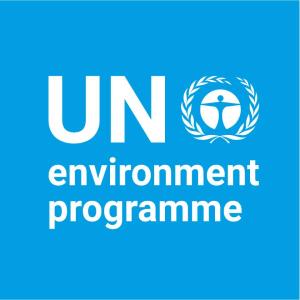On World Environment Day 2025, observed 5 June, the Caribbean Community united under the global theme “Beat Plastic Pollution”, highlighting the urgent challenge of plastic waste in the region. With over 322,000 tonnes of plastic waste left uncollected annually and coastlines littered with thousands of waste items per kilometre, this crisis poses a serious threat to biodiversity, blue economies and public health.
Just months earlier, on International Day of Zero Waste, observed 30 March, attention was drawn to the rapidly growing issue of fashion and textiles waste. Every second, a truckload of clothing is discarded worldwide, adding to overflowing landfills and marine pollution, and threatening key Caribbean sectors such as tourism, fisheries and agriculture.
Though different in form, both plastic and textile waste reflect the same root challenge: a linear production model that generates more waste than the planet can absorb. Together, they underscore the need for a systemic transition towards circular economy practices—where materials are reused, waste is minimised, and economic activities are designed to sustain the environment.
This is precisely where the Zero Waste in the Caribbean Project plays a transformative role. Funded by the European Union in collaboration with CARIFORUM, and co-financed by the German Cooperation, the project is jointly implemented by the UN Environment Programme (UNEP), the German Agency for International Cooperation (GIZ), and the French Development Agency (AFD), in partnership with the Organisation of Eastern Caribbean States (OECS).
The project is at the heart of the Caribbean’s transition to circular economy-driven waste management systems. It supports 16 CARIFORUM countries to:
- Integrate circular economy principles that reduce waste generation, improve resource efficiency, and curb pollution;
- Strengthen policy frameworks and institutional capacity to manage waste sustainably, based on data, diagnostics and evidence-based solutions;
- Align national waste strategies with Nationally Determined Contributions and key Sustainable Development Goals (SDGs);
- Attract investment and scale up innovative business models that promote green growth and reduce dependence on landfilling and open dumping;
- Foster inclusive participation, empowering local governments, the private sector, civil society and vulnerable groups—particularly women and youth—to lead circular innovation and sustainable behaviour change.
Over the project’s duration, spanning 2022–2026, key activities have included baseline assessments, policy support, community initiatives, capacity-building, and public awareness on waste reduction and circular solutions. The project has so far completed model demonstrations in Grenada and Dominica, supported three High-Level Forums, provided technical assistance on information systems, policies and financial mechanisms across several countries, and offered integrated support to the Dominican Republic. It has also delivered regional training, launched a data hub, implemented a communication strategy, hosted 14 webinars and carried out over 10 visibility actions, fostering EU–Caribbean collaboration and public engagement for sustainability.
Its holistic approach ensures that addressing plastic and textile pollution is part of a wider regional strategy—turning waste into a resource, advancing climate goals, and strengthening resilience and circularity in Caribbean societies.
Through this collaborative effort, the Caribbean is showing that zero waste is not a distant ambition but a practical and achievable path toward greener economies, healthier ecosystems, and stronger communities.






